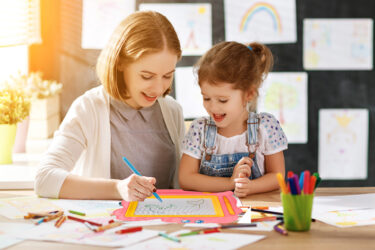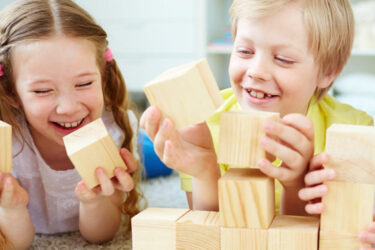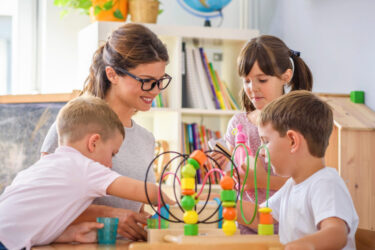Teaching a child to clean themselves is a fundamental aspect of personal hygiene education, essential for promoting health, independence, and self-confidence. As pediatrician T. Berry Brazelton once emphasized, “Personal hygiene is an important aspect of self-care and socialization.” Absolutely, instilling good hygiene habits from a young age equips children with the skills and knowledge they need to take responsibility for their own well-being.
One effective strategy for teaching children personal hygiene is to provide gentle guidance and encouragement, creating a positive and supportive learning environment. By involving children in daily hygiene rituals and leading by example, parents can instill habits that promote good health.
“Show, don’t tell.”
– parenting expert Dr. William Sears
Breaking down the task of cleaning oneself into manageable steps can also make the process less overwhelming for children. Using visual aids, such as charts or diagrams, can help reinforce the sequence of actions involved in personal hygiene routines. As educational psychologist Benjamin Bloom suggests, “Chunking information into smaller, more manageable units enhances learning.”
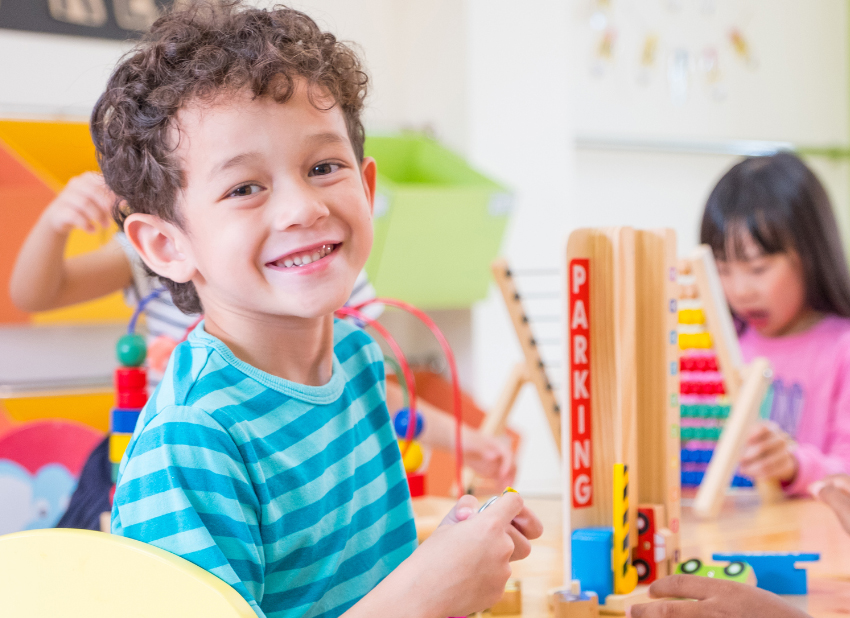
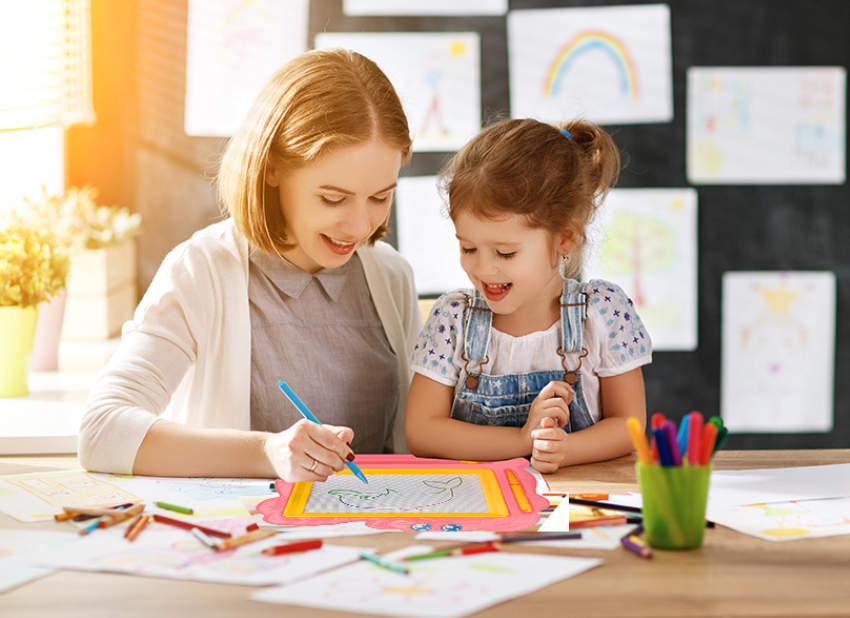
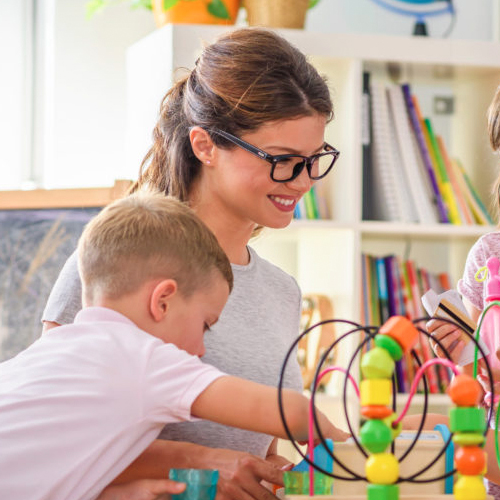
Incorporating fun and engaging activities into hygiene routines can further motivate children to participate actively in their personal care. Turning toothbrushing into a game, singing songs while washing hands, or using colorful bath toys can transform mundane tasks into enjoyable experiences. As child development expert Maria Montessori observed, “Play is the work of the child.”
Providing positive reinforcement and praise for efforts and achievements can also motivate children to continue practicing good hygiene habits. As psychologist B.F. Skinner’s theory of operant conditioning suggests, “Behavior that is reinforced is more likely to be repeated.” By acknowledging and celebrating their successes, parents can reinforce positive behaviors and cultivate a sense of pride and accomplishment in their children.
In conclusion, teaching a child to clean themselves is a vital aspect of personal hygiene education that promotes health, independence, and self-confidence. By providing gentle guidance, breaking down tasks into manageable steps, incorporating fun and engaging activities, and providing positive reinforcement, parents can empower their children to take responsibility for their own hygiene and well-being, setting them on the path to a lifetime of health and happiness.

